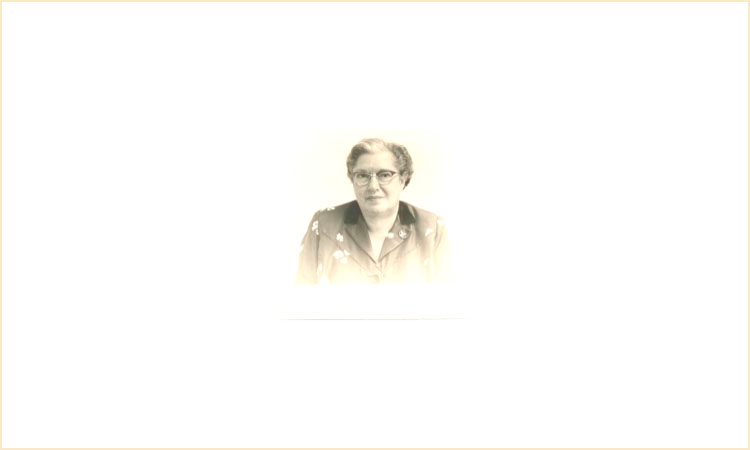Years ago, as part of my Master’s course work, a piece I wrote for a publishing class ended up being the anchor point of my work on listening. An excerpt follows:
Every Saturday during my adolescence I would ride the trolley to Grandmother’s six-story apartment house to visit. Together Grammy and I would make breaded chicken wings, entertain her friends living in the building, and then walk arm in arm on the shady side of the street down to Howard Johnson’s, some ten blocks away, to indulge in my favorite dish, fried clams.
Along the way, Grammy would ask me about my hobbies, home, and school. Her questions were simple, asked to discover what was happening in my life. She heard every word I spoke, even, it seemed, the unspoken ones.
When we sat down to have our meal, we talked about what was happening in her life and the life of her friends. Since my grandmother was the conversational hub around which the 1440 Beacon Street apartment revolved, there was an ample supply of matters to talk about.
On the walk back, minor incidents became magical. On the other side of the street, which was lined with all kinds of shops, all the proprietors there seemed to know who my grandmother was. Clerks at the local grocery store, hardware store, and other shops knew her by name.
By the time we got back to her apartment, she had managed to acquaint me with the lives of a number of shopkeepers she knew. I’d be in awe of her memory, her easy way of talking with the people she met, and the way in which she would change their demeanor from one of distance to closeness because of her presence.
During high school years, my conversations with Grammy turned to deeper subjects – social life, news of the day, ethical matters. The walks to Howard Johnson’s became mini-clinics in the art and value of listening. Over time, without my realizing it, she had taught me that great conversations require listening without judgment and with waiting for the period at the end of the sentence before formulating a reply.
As Grammy continued to speak with all the people on the street, I found myself listening in a new way because she had become a role model for me on making the most of my listening skills. Everyone, from the apartment’s elevator man to the grocery store stock clerk, was special to her. She listened with total concentration and sincerity. People loved her because, by listening to them day in and day out without reservation, she showed them how much she cared.
I believe that the relationships I enjoy family, friends, colleagues, and others -if they are to have a chance of depth, longevity, or both – begin with my ability to listen.
The gift Grammy gave me, the gift of listening, has become a cherished and enduring legacy.
And so the listening journey begins . . .
Leslie



